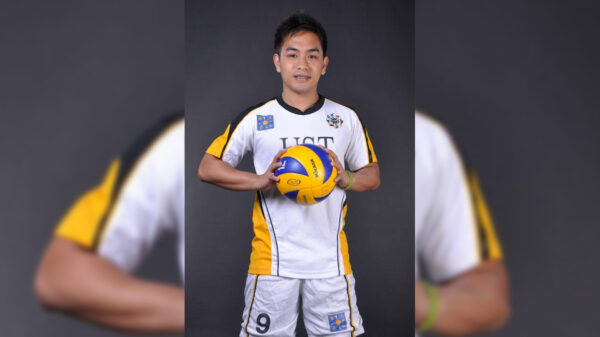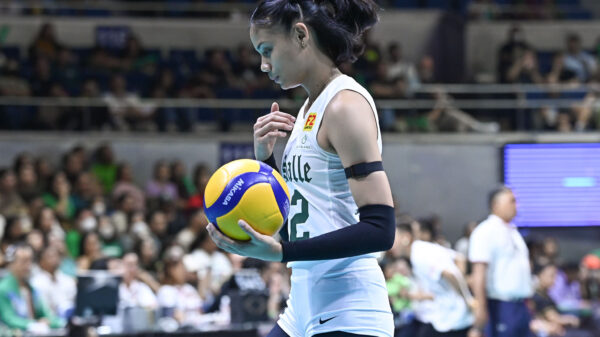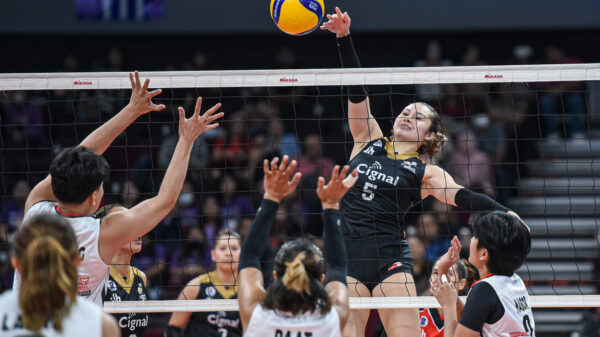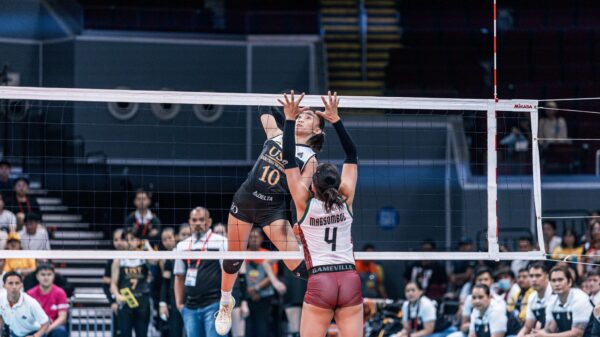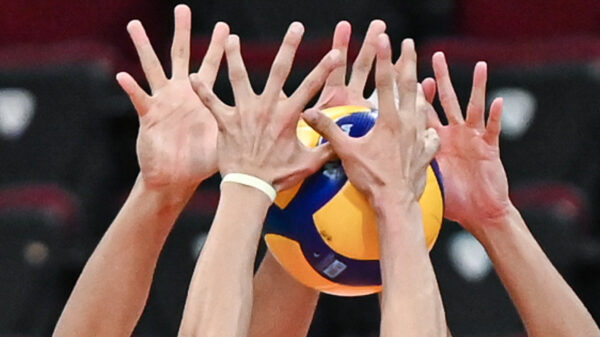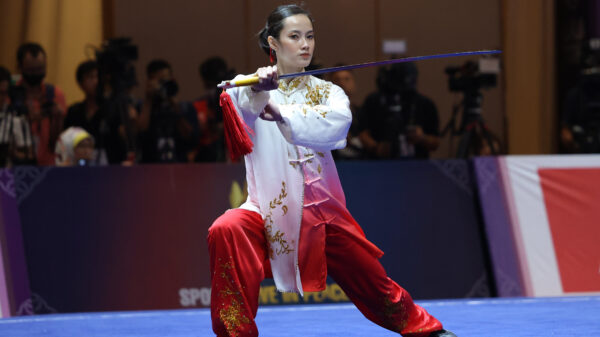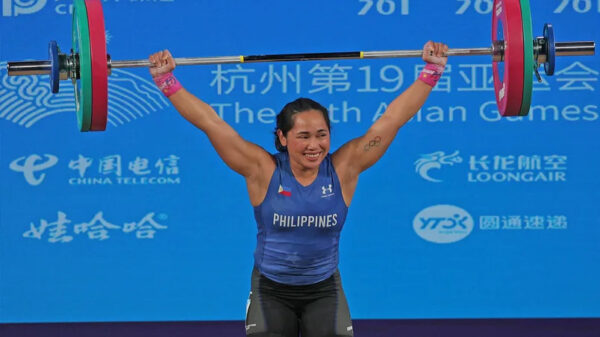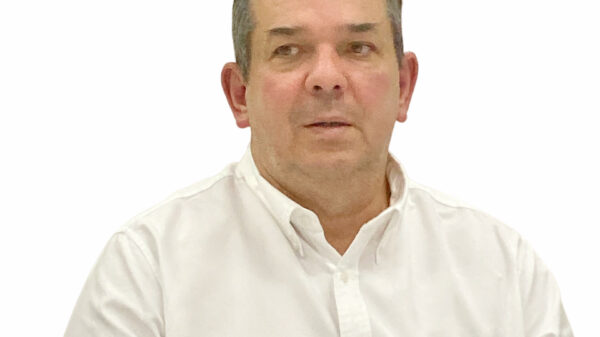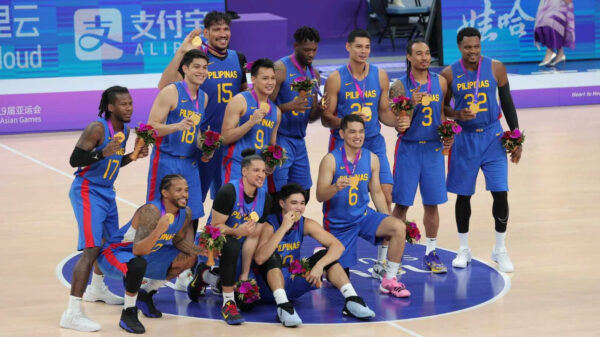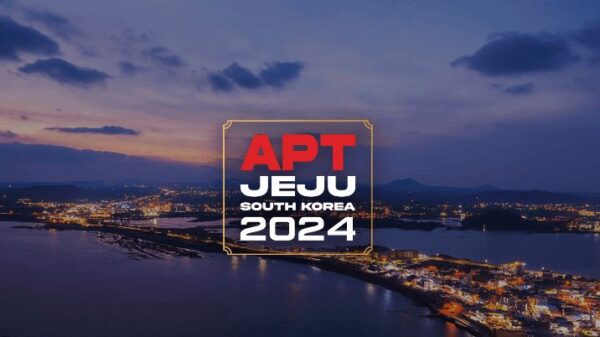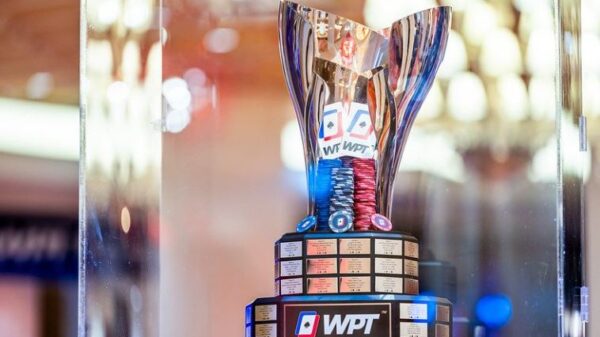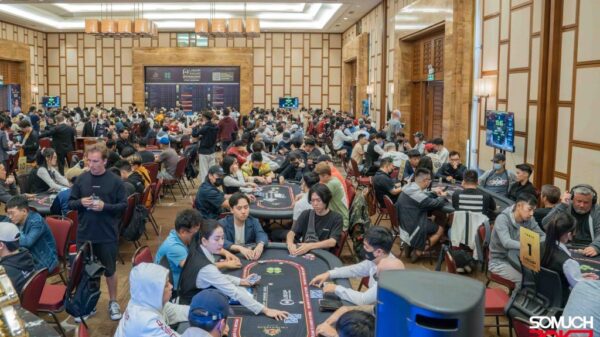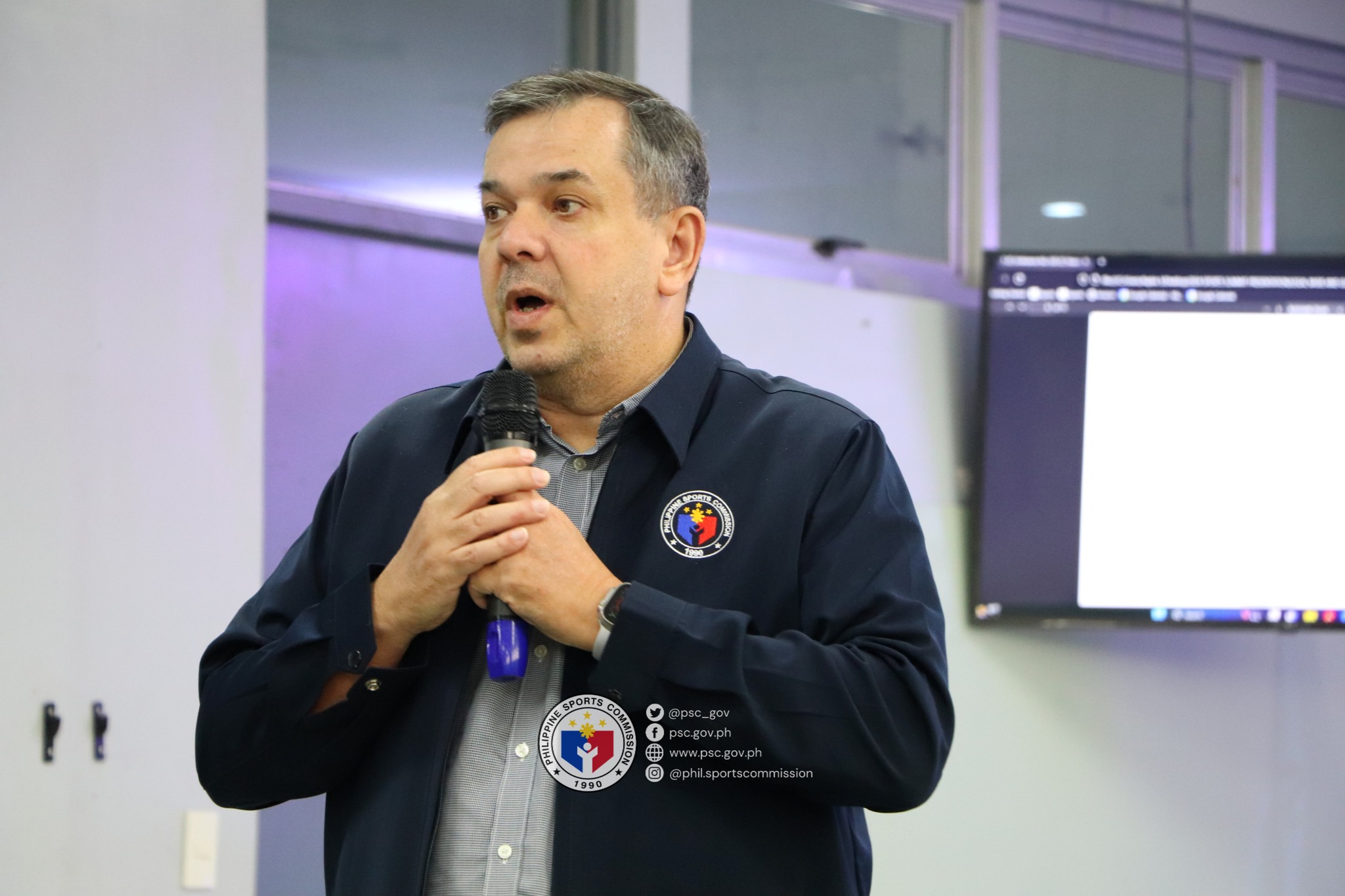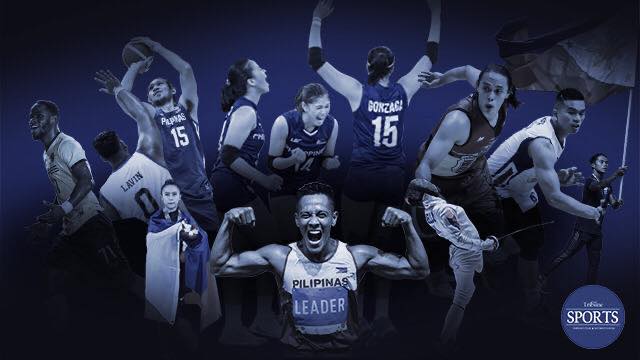The sword that was hanging over the heads of the Filipinos in the Paris Olympics had been finally removed.
The World Anti-Doping Agency formally scratched the Philippines from its compliance watchlist after the Philippine National Anti-Doping Organization resolved the necessary issues in its guidelines.
No less than WADA chief compliance manager Emiliano Simonelli reached out to Phinado chief Dr. Alejandro Pineda to say that the Philippines is now fully compliant with the WADA guidelines, giving the Filipino athletes the green light to fly their flag in the Summer Games starting 26 July.
The Philippines was on the brink of getting banned from the international arena after WADA claimed that its national anti-doping agency failed to comply with several “critical requirements” in its anti-doping program.
With that, the Filipinos faced the risk of losing their rights within WADA and might no longer be allowed to host major international tournaments. WADA also floated the idea of banning the Philippine flag in major international events, including the Olympics, with Filipino athletes marching under the International Olympic banner.
Aside from the Philippines, also placed on the compliance watchlist were Nigeria and Venezuela while Angola opted not to contest the verdict of the Montreal-based doping watchdog.
WADA referred the case to CAS until the Phinado and the Philippine Sports Commission worked doubly hard in making sure that the country will be fully compliant.
“I am pleased to confirm that in light of the latest developments, the Compliance Review Committee has decided to sign off the remaining pending critical corrective actions relating to testing and results management,” Simonelli said in a communiqué to Phinado.
“As a result, the compliance procedure has now been closed and the case will not be filed before the Court of Arbitration for Sports.”
The PSC said it did its best to avert what could be the biggest crisis in Philippine sports history.
Aside from settling the issues raised by WADA, the PSC held a dialogue with the Phinado and the Philippine Olympic Committee to make sure that everybody will be on the same page.
PSC chairman Richard “Dickie” Bachmann even reached out to President Ferdinand “Bongbong” Marcos Jr. to instruct other government agencies to support and strengthen Phinado.
“PBBM commissioned the related agencies to study how to strengthen Phinado according to the WADC provisions,” the PCO said in a statement last February.
Bachmann said he hopes this incident would be averted in the future.
“We would like to thank WADA for all the support to resolve all issues. The PSC in coordination with Phinado will continue to make improvements and propose the proper legislation in compliance with the WADA Code 20.5.1 to avoid future issues,” Bachmann said.
Bachmann also warned national sports association to be mindful of the supplements they are giving to the athletes and always research if it isn’t on the list of prohibited substances.
“There should be a communication between Phinado and everyone, especially the NSAs and the athletes,” Bachmann said.
“When they (NSAs) ask PSC for vitamins for their athletes, I always pass it to Phinado to check those vitamins before handing it out.”

